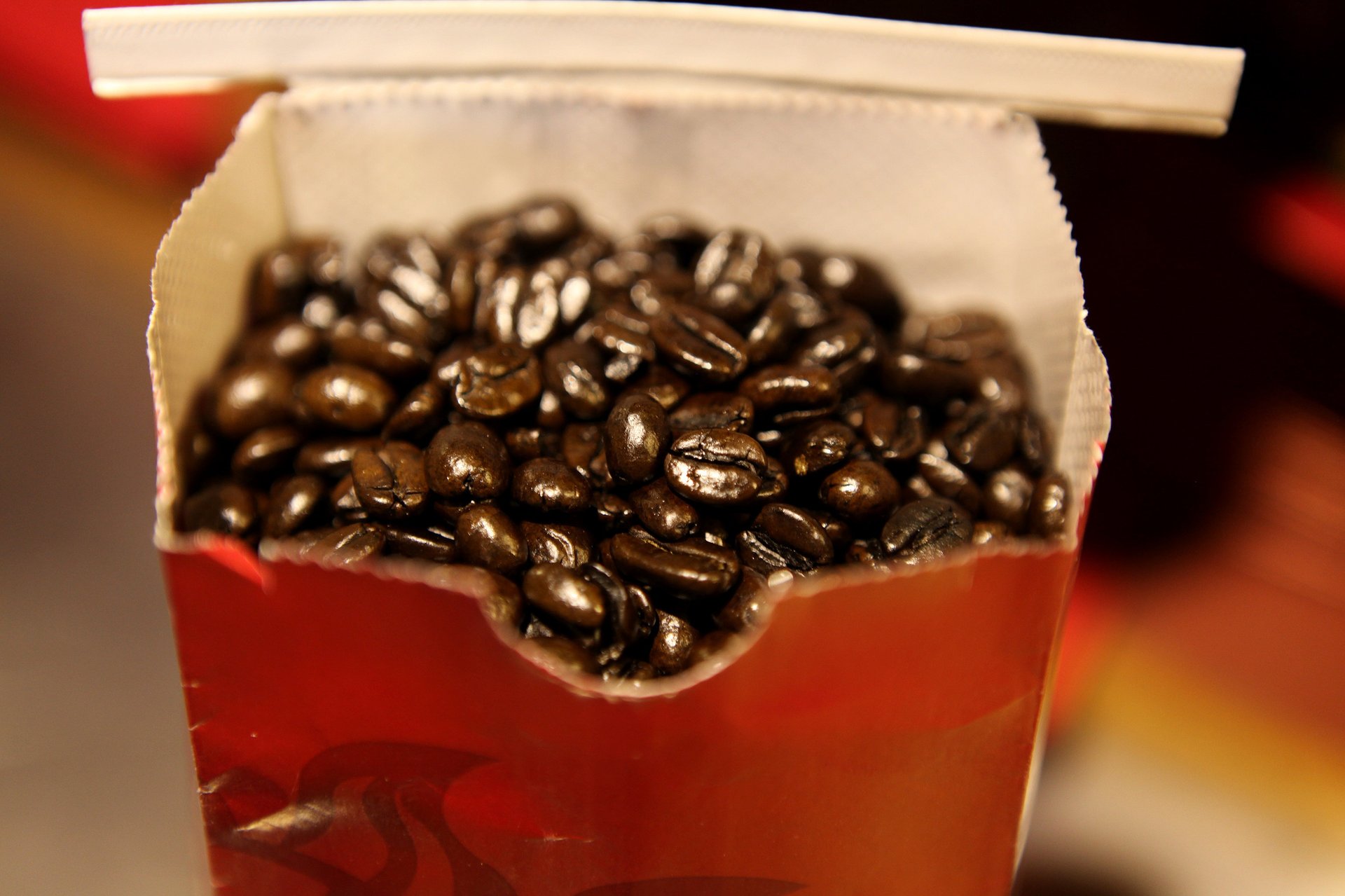Nigerians are developing a taste for coffee
Africa gave the world coffee: Historians believe it dates back to pre-15th century Ethiopia. But a confluence of factors—cost, a taste for tea honed by decades of British colonial rule—have made the beverage less than popular with a majority of Africans.


Africa gave the world coffee: Historians believe it dates back to pre-15th century Ethiopia. But a confluence of factors—cost, a taste for tea honed by decades of British colonial rule—have made the beverage less than popular with a majority of Africans.
Nearly 10% of the world’s coffee still comes from the continent, but Nigeria, Africa’s most populous country, produced just 2,100 tons of unroasted coffee in 2013—less than in 1966. The country consumed only 836 tons of coffee last year, according to research firm Euromonitor International, while the French drank 366,000 tons. France has just over a third of Nigeria’s population.
Of course, Nigeria hasn’t needed to produce coffee; the country’s economy has long been centered around exporting oil. But growing Nigerian demand for the beverage, particularly among the young middle class and the well-traveled, could soon change that. While still low, coffee consumption in Nigeria rose by more than 20% between 2010 and 2015. Euromonitor predicts Nigerians will drink more than 1,000 tons of coffee in 2020, 23% higher than last year.
Creating a coffee culture
On Victoria Island, an affluent district in Lagos, Cafe Neo buzzes with the chatter of the city’s elite; the shop wouldn’t look out of place in New York’s Brooklyn or London’s Shoreditch. Cafe Neo was started in 2012 by brothers Ngozi and Chijioke Dozie—Wharton and Harvard Business School grads, respectively—who got into the coffee business to cater to what they considered a burgeoning but untapped market of local caffeine-heads. Starbucks opened its first African outpost in Johannesburg this year, but Cafe Neo’s Victoria Island location is one of nine.
Already, other coffee connoisseurs are emerging. Nasra Ali, a Swiss-trained doctor, moved to Nigeria in 2013 and soon found herself missing the coffee culture of her native Kenya. A year later she founded Kaldi Africa, which takes its name from the folkloric shepherd who discovered the coffee bean. Ali says Kaldi Africa is Nigeria’s only homegrown coffee-roaster; its clients include gourmet restaurants and international hotel chains. At Kaldi’s Lagos store, a shot of espresso will run you 800 naira (US$2.54)—a substantial sum in a country whose GDP per capita the World Bank pegs at $2,640.
Ali is also trying to build a broader Nigerian coffee scene. Her company works with farmers in the northeast to set up cooperatives and in December they’ll devote 100 hectares of land to Arabica coffee crops. Ali will offer technical advice and help get the beans to market.
“Our passion will drive us,” she says. “Nigeria can be a [major] coffee exporter again.”
There is at least one potential hiccup: After two decades of economic growth, Nigeria slipped into a recession this year. The IMF forecasts the economy will shrink by 1.8% in 2016, and luxury goods—a category to which coffee still belongs—could take a hit.
Coffee upstarts are also competing with multinational giants, whose local subsidiaries help them enter the Nigerian market quickly. Nestlé and Kraft Foods are already responsible for more than 85% of the country’s coffee sales; about 75% of Nigerian coffee-drinkers drink Nescafé. Nestlé is paying for mobile coffee carts on the streets of Lagos, and plans to spend another $80 million in Nigeria over the next three years. Capitalizing on residents’ growing taste for coffee, the company aims to promote its instant brew as the fuel of choice for the upwardly mobile.
“Coffee culture is coming up here,” Ali says. “Korea and China were traditionally not coffee consumers, but now they are. Nigeria is on that trajectory.”